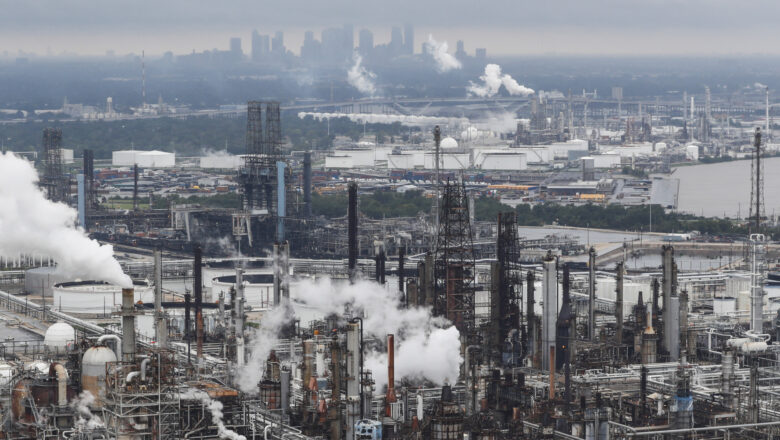United States: Lives devastated and human rights sacrificed by fossil fuel-related pollution from petrochemical plants in Texas and Louisiana

Juan Flores, 46, has lived in the Galena Park neighbourhood for 45 years. His daughter Dominique, 7, was born with a malignant tumour on a kidney that required surgeries and chemotherapy. Juan’s father died from a heart attack at the age of 51 after decades working in the petrochemical industry. Last year Juan was diagnosed with a condition that increases the risk of developing blood cancer, which his oncologist suspects was caused by exposure to benzene.
Local people face considerable barriers to accessing healthcare, which has to be paid for. At 18 percent, Texas has the highest percentage of people without health insurance of any US state. Several residents who reported health conditions to Amnesty International had not received a formal diagnosis.
One resident interviewed said: “My mom, she recently had uterine cancer. A lot of people have cancer, breathing difficulties … The doctor can’t tell you, ‘you got this cancer because you live next to this plant’. But there’s no way living right next to them is good. It isn’t.”
Industry and regulatory failings
There have been innumerable fires and toxic leaks in the last decade. Sometimes residents have received orders to “shelter-in-place” in homes or schools, or to evacuate following more serious incidents, some of which have caused property damage, injuries and even death.
Emergency plans officially submitted by the four facilities scrutinized in the report show tens of thousands of people could be harmed in the event of a worst-case toxic release. In schools, children are taught how to prepare for a chemical disaster.
However, there is no effective emergency alert system covering the area.
In May 2023 Amnesty International researchers witnessed a large fire at Shell Deer Park Chemicals. It took days to extinguish, and wastewater was then released into the ship channel. A tenfold increase in concentrations of benzene and 1,3-butadiene were detected in the surrounding air but the Texas Commission on Environmental Quality (TCEQ), the state regulator, deemed these not atypically high and failed to investigate further. The World Health Organization says there is no safe level of exposure to benzene, which is “a major health concern”.
























































